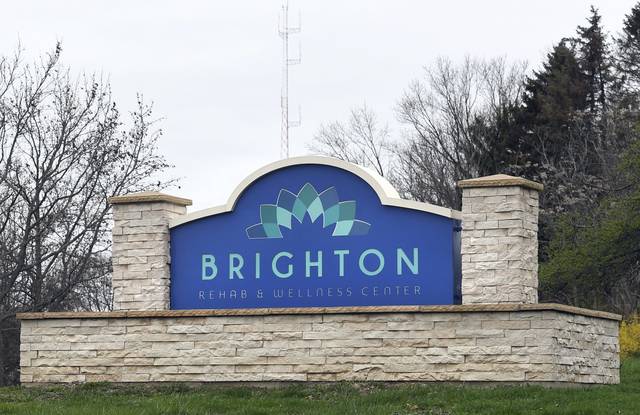Pennsylvania has 693 nursing homes.
According to the state Department of Health, all of them have now had at least one round of covid-19 testing. Every resident, every staff member, have reportedly been tested for the disease that is at its most lethal among the aging population.
Personal care and assisted-living facilities have another month to complete their first battery of tests.
That will put the pandemic six months into its grip on Pennsylvania.
It’s a start. It’s a footing. But like the state’s pandemic numbers, which have grown in a steady incline since March, it still has to expand from here.
More than that, the state needs to focus attention on the incubator that those facilities caring for the elderly could prove to be.
That danger is already obvious in some of the state’s hot spots. Not every nursing home has the coronavirus present, but some of those that have been hit have seen covid-19 flash through like a wild fire during a drought. Of 7,162 deaths in Pennsylvania, the Department of Health shows 4,883 are tied to nursing homes.
And that is how a situation like Brighton Rehab’s hydroxychloroquine treatment occurred.
The Beaver County nursing home was one of the first and hottest outbreaks in the state. To date, 332 residents tested positive and 73 have died. Another 113 positive cases were identified among staff.
According to a health department inspection report, the facility “failed to obtain the necessary approval from the Pennsylvania Department of Health prior to administering a medication that is not generally accepted practice in the medical community.”
Hydroxychloroquine was initially proposed as a possible treatment or preventative for covid-19. The Food and Drug Administration gave the off-brand use — it is usually used to treat things like malaria and lupus — emergency authorization. Some studies and tests were begun, but subsequent information said the drug was not helpful and could cause problems with heart rhythm, blood pressure, muscles and nerves. The FDA pulled back its authorization.
But before that happened, the drug was used at Brighton.
“Since the onset of covid-19, Brighton has followed the guidance of government health care officials and physicians,” a statement signed by Brighton Facility Management said. “Like any drug, hydroxychloroquine would have to be prescribed by a treating physician. Facility staff only assist with administering medications.”
The drug has gained attention as a rope in the tug-of-war between politics and science in the pandemic, from conspiracy theories, YouTube videos, statements from respected scientists and even comments from President Trump.
A class-action lawsuit in April said the state didn’t adequately supervise facilities like Brighton that administered it. The suit was dropped in July after the state focused more attention on nursing homes.
That says it all.
If Brighton gave a drug to residents with doctors’ approval during a period that the FDA allowed it, the missing piece of the puzzle was how much the Pennsylvania Department of Health was paying attention to its most vulnerable population at the time.
Now we just have to hope they pay attention moving forward.








